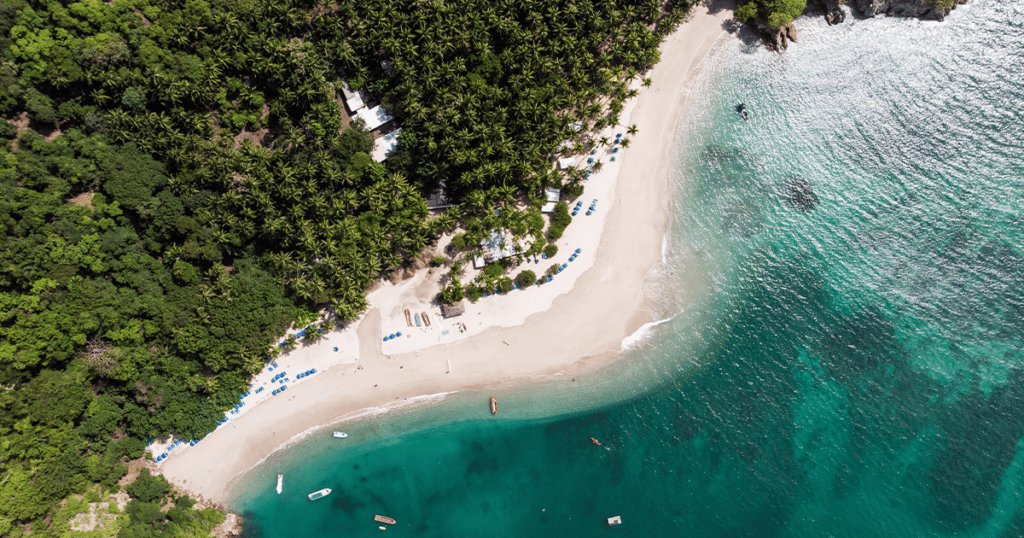The President of Costa Rica, Rodrigo Chavez, made a promise back in August to bring forth legislation supporting recreational cannabis use. On October 5, he made good on that promise, unveiling a draft law that would pave the way for legalizing adult-use cannabis in Costa Rica. While South American countries have long been associated with criminal activity and drug trafficking, making a move toward legalization could spell change. The move is particularly interesting as it comes before the establishment of a medical cannabis market, which is a more typical sequence of events.
The Benefits Of Accelerating Adult-Use Legalization
President Chavez was elected to office in May of this year, and his consistent message has been that legalization is the way to go. According to Marijuana Moment, “He argued that enacting the reform would undermine the illicit market while boosting the country’s economy.” By actively undertaking regulation, their hope is to cut into illegal activities that negatively impact the region.
Costa Rica is among just a few South American countries to take on legalization. When Uruguay legalized marijuana in 2017, regulating the entire market chain from plant to purchase, it was hailed as a breakthrough move, putting them at the forefront of legalization in the continent.
We’ve also seen Mexico make its foray into legalization when it invalidated prohibition in 2018. For obvious reasons, having Mexico on board with legalization would be a huge move in the right direction and would have positive repercussions in the US as well. Unfortunately, they’ve recently seen some setbacks and slowdowns, but with Costa Rica making bold moves, there may finally be enough momentum in the region to really see a wave of change.
It takes a critical mass of key players being willing to make the change for there to be any real effect in undercutting the long-established illicit trade and criminal activity that underpins the drug trade in South America. Seeing Costa Rica take it on is certainly promising.

Too Quick To Act?
Earlier this year, Costa Rica enacted legislation to legalize the medical cannabis market. For many countries, like Canada and the US, this is the usual modus operandi – start with carefully regulating people’s consumption of medical marijuana, see how that goes, and then broaden the scope. But it usually takes several years of operating a well-established medical market before governments even begin to look at legalizing recreational use.
A number of lawmakers in Costa Rica currently oppose the legalization of recreational cannabis, citing that the drug has had an overall negative impact on citizens and has led to more dangerous drug use. This is to be expected, as the current government leans conservative, and even Chavez himself has stated his personal opposition to recreational marijuana.
The benefit of establishing a successful medical cannabis market first is that it can offer naysayers real evidence of the numerous benefits offered by cannabis. Once the public and government decision-makers are faced with the irrefutable evidence that cannabis overwhelmingly helps people, it can soften their view toward legalizing recreational use as well.
As exciting as it is to see Costa Rica go full-steam ahead to adult-use legalization, only time will tell whether taking the medical-first approach has any added benefit.

With any luck, this kind of action could lead to a cascade effect where other South American countries move to legalize as well. Colombia’s president has already expressed a desire to head in this direction, and we’ll keep an eye on their success, along with Costa Rica’s and Mexico’s, in the hopes of seeing real change in the region.
Enjoyed that first hit? Come chill with us every week at the Friday Sesh for a freshly packed bowl of the week’s best cannabis news!























